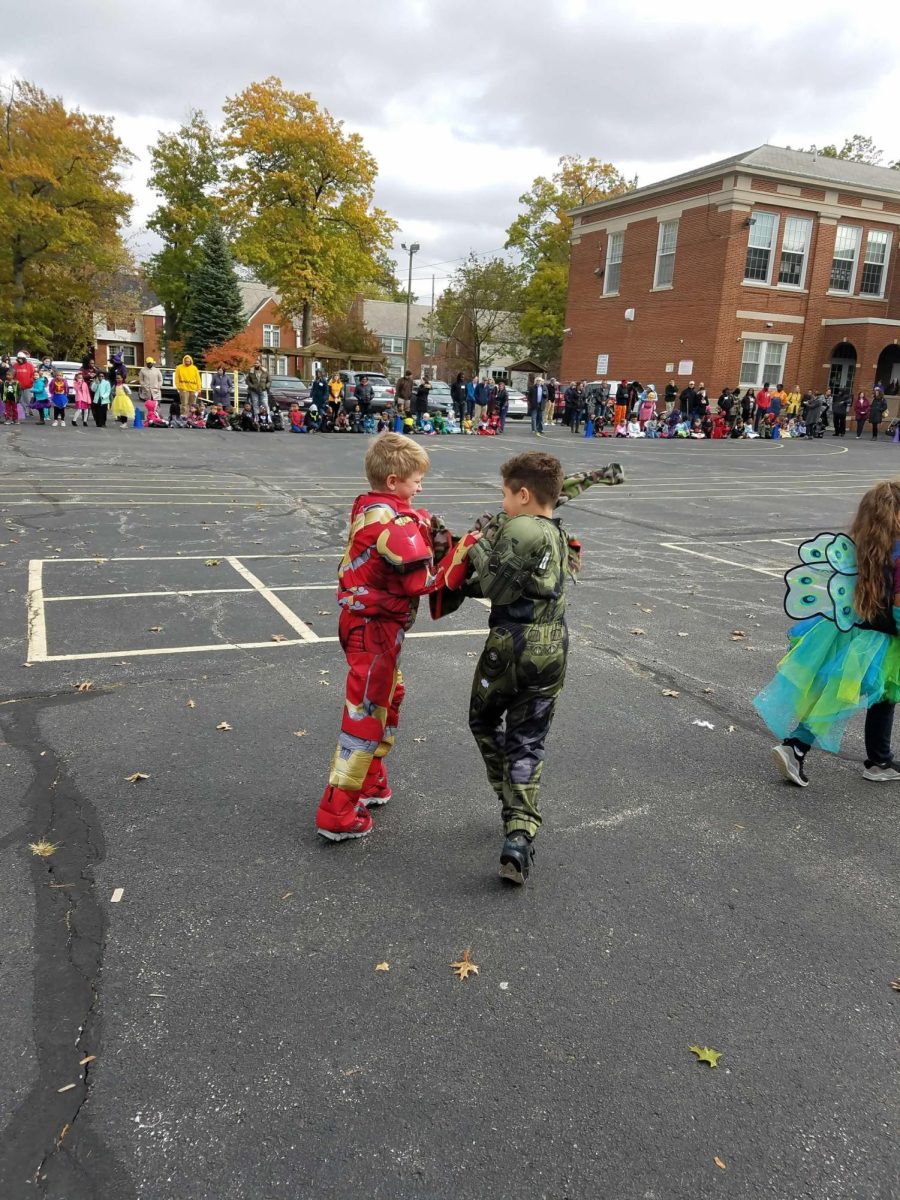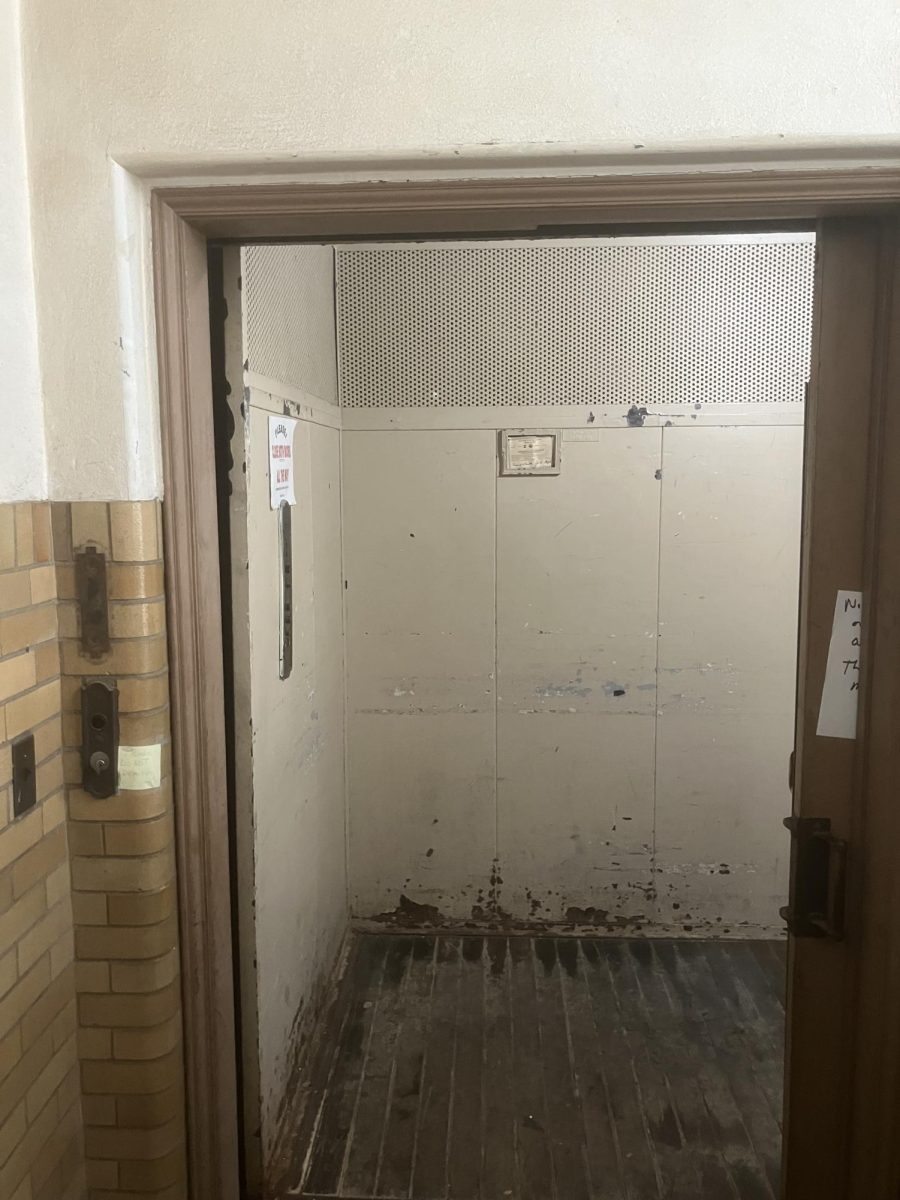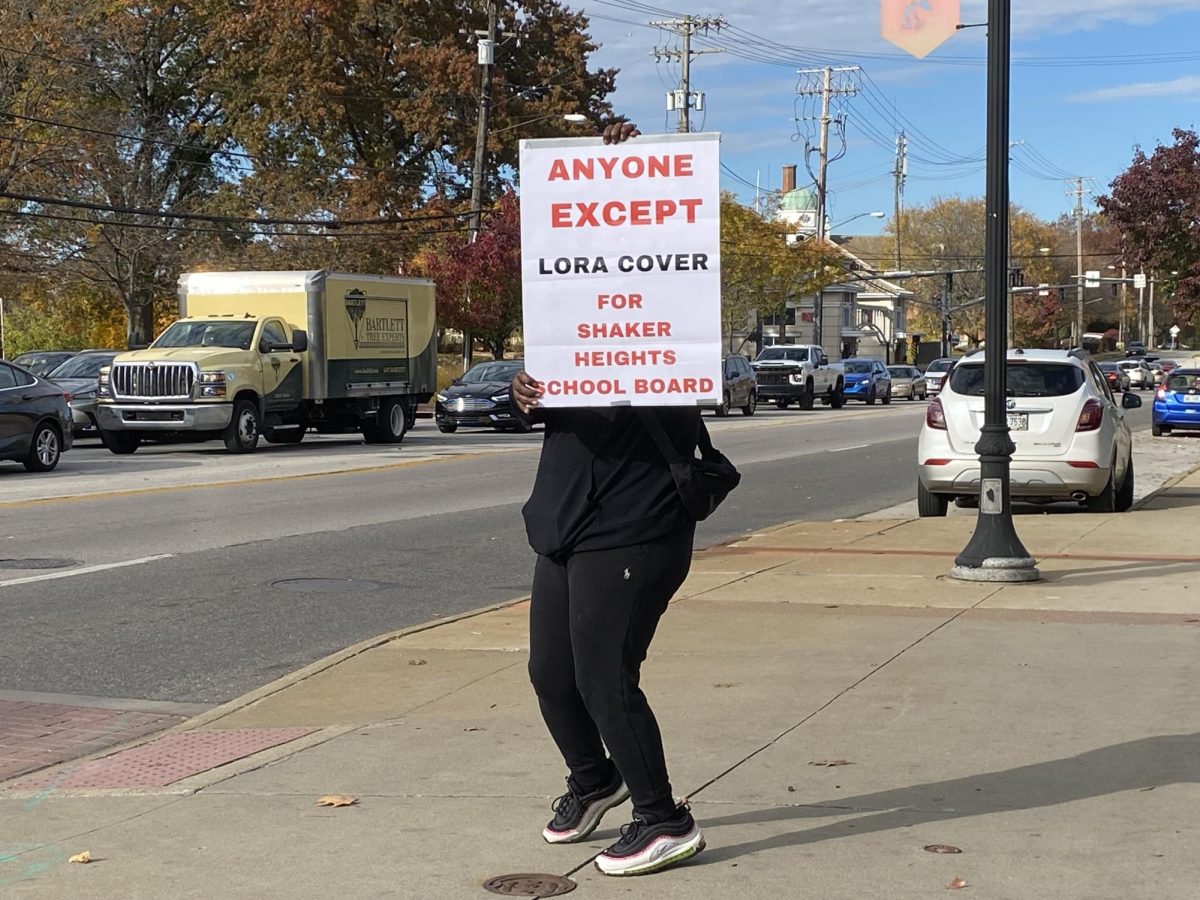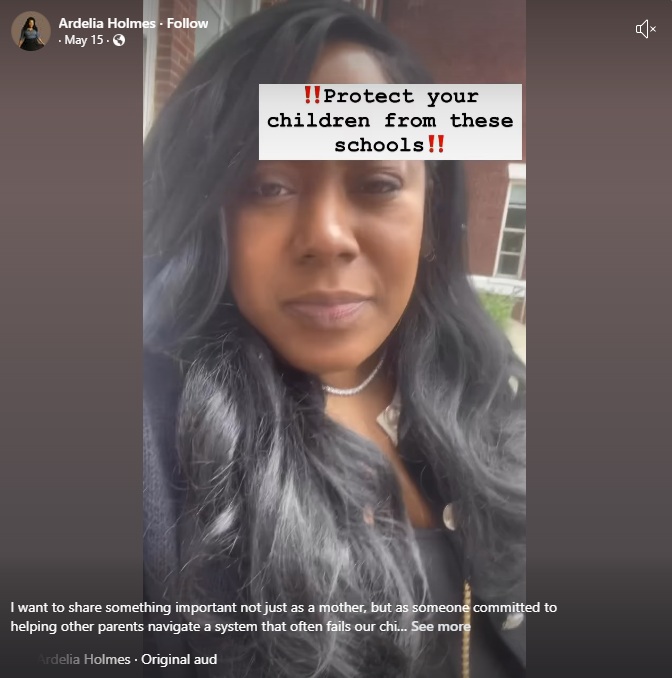Editor’s note: This is the second of two news stories about Issue 51. Read the first story, “District Seeks First Operating Levy Since 2014,” published Sept. 26, here.
Residents who oppose Issue 51 say that it’s too costly for families, that district spending is not adequately transparent and that the district needs to identify cuts to save money.
The 9.9 mill operating levy on the Nov. 4 ballot would fund operating costs such as staff salaries, Chromebooks, transportation and utilities. While the cost of everything has gone up, schools still receive the same amount of tax revenue. To increase revenue, Ohio schools have to ask for operating levies. Issue 51 is the first operating levy the district has proposed in more than 11 years.
Rebecca Barchanowicz, a Shaker resident of 11 years with two children in the schools, views the levy as the district asking the community to cover its spending habits. “The financial decisions that the district has made have been those that they are expecting the community to be accountable for,” she said.
Barchanowicz said that spending needs to be reconsidered. “Certain patterns and protocols need to be re-evaluated with the challenges that we are facing in our economy,” she said.
Ayana Fakhir, a Shaker resident of 19 years with a son who has graduated and a daughter who is a student, said the district isn’t doing a good job of reducing costs. “They need to do a better job of identifying and cutting expenses,” she said. “All of my money should not be going to taxes because politicians don’t know how to manage their budgets.”
Andrea Boyd, a Shaker resident of 17 years and a parent of two graduates, said the district should consider cutting the IB Programme if it no longer fits the schools. “IB was created in 2010. Does our district still fit that model? We need to look at the future, the next 20 years. Does it make sense to include that IB model?” said Boyd, who was a 2023 Board of Education candidate.
Barchanowicz said that family should come before schools. “While upholding our duty to our community, it is also our obligation to protect the well-being of our own family’s needs and the properties that we live within,” she said.
Boyd said that increasing taxes under current economic conditions would make it harder for people starting families in Shaker Heights. “If you can’t afford to give them the life that you want to give them, you’re not going to have that many children,” she said.
Fakhir said the levy should have been proposed at a better time. “The economy is not doing well. I’m not against kids — I care about children, but I also care about having enough money to feed my family,” she said. “I know we couldn’t have predicted this downturn, but just delay it a year, you know?”
According to the Five Year Forecast, the district’s expenditures for Fiscal Year 2026 will outpace revenues, resulting in “an anticipated $12.5 million budget shortfall.” The proposed operating levy would generate these funds. An April 7 Board of Education meeting summary states that waiting to take action after November 2025, would have the district facing “the risk of fiscal instability” or, due to fiscal emergency, “loss of local control” causing “state oversight.”
To avoid a fiscal emergency, Barchanowicz said the district should temporarily suspend travel and field trips. “You don’t have to be taken to a theater, and you don’t have to be taken on a safari in order to feel like you can have a smile on your face. You can go outside in nature and you can pick up a ball and a bat. These are very simple things that are free,” she said.
Amanda Ersek, who teaches AP World History and Global Studies, said student travel is integral to a student’s education. “Travel teaches students in ways schools aren’t able to,” she said. “The cost is really minimal to the district for the impact that the students get. It’s one of the most important and impactful things that we offer at Shaker. It opens students’ eyes to how the majority of the world doesn’t actually live like we live here in Shaker.”
To save money, Fakhir said the district should limit activities. “We don’t need all of the sports teams that we have. We don’t need all of the activities that we have,” she said. “Parents can chip in more, too. That way, it takes the weight off of the school to pay for things that the school is covering.”
If the district were to end some programs and activities due to a delayed levy, “We suck it up, and we deal with it,” Fakhir said.
Boyd said she needs to see the district making change in order to vote for Issue 51. “We can get stuck in a loop of inaction,” she said. “We always wait. Then we do surveys, then we do some more surveys, and then we review those surveys. By the time five years come around, we’re still surveying. We need to look at what is working and what is not working and course correct at the right time.”
In order to earn her vote for Issue 51, Fakhir said that the district needs to be more transparent. “I need to see how the money from the last levy is being spent,” she said. Issue 13, a 9.95-mill tax increase, passed in the November 2023 election with 59 percent of votes. The issue secured funding for renovating elementary and middle schools, a permanent improvement levy for building maintenance, and funding for an expanded pre-K program.
Said Barchanowicz, “I think that when you are posed with any type of challenge, history has always told us, it is when people get the most creative. That is when a community really comes together.”
Early in-person voting ontinues until Election Day, including the Saturday and Sunday before Election Day. General Election in-person voting takes place Nov. 4 from 6:30 a.m. to 7:30 p.m. Voters can find their polling location on the Ohio Board of Elections’ website.







